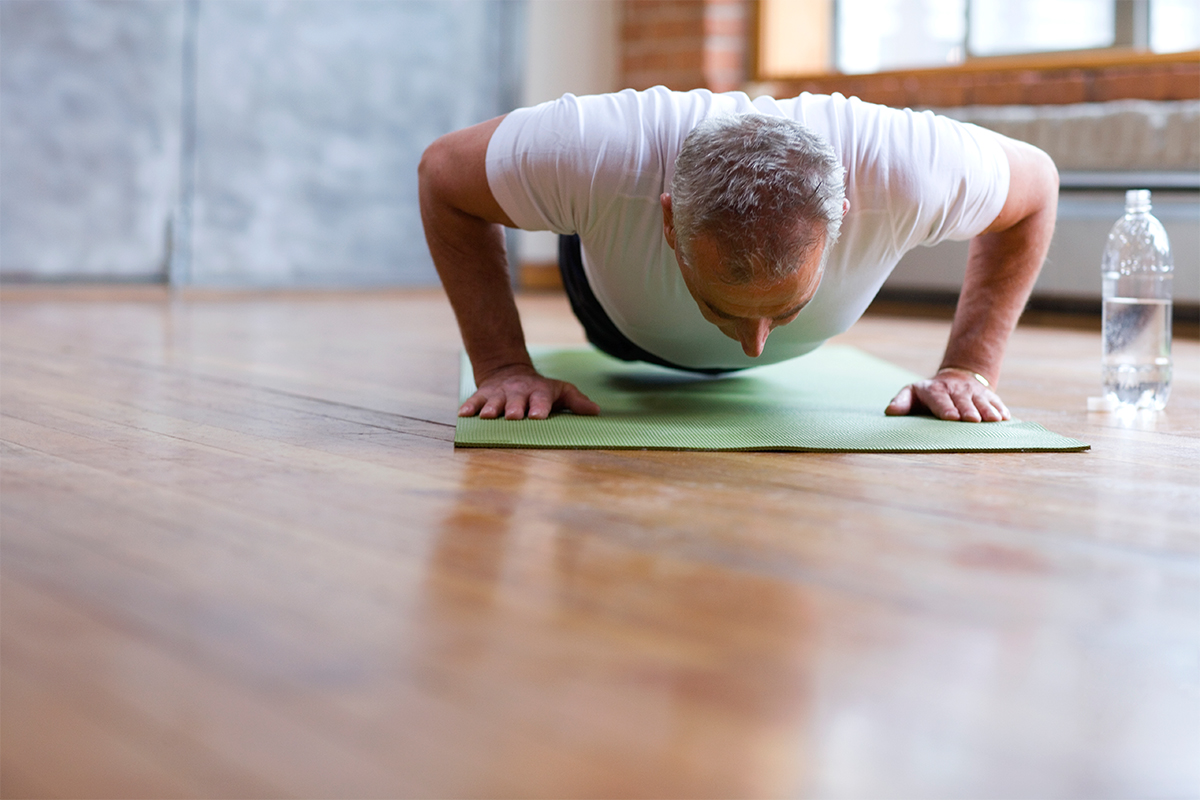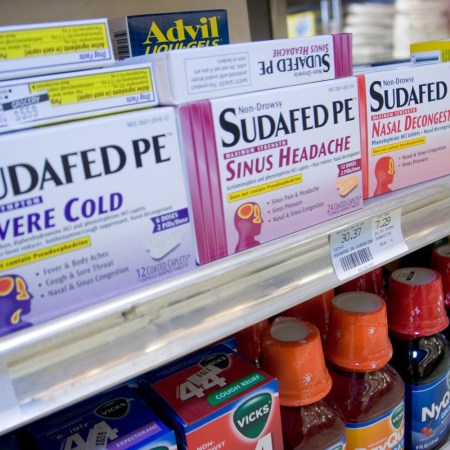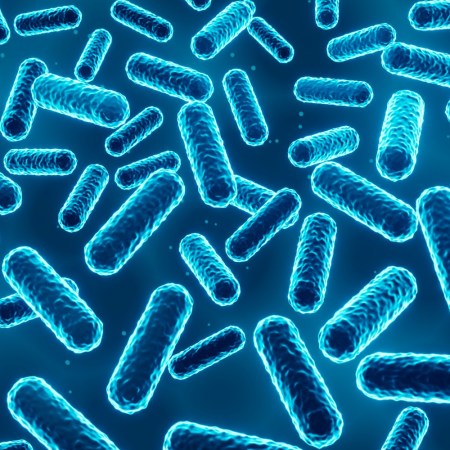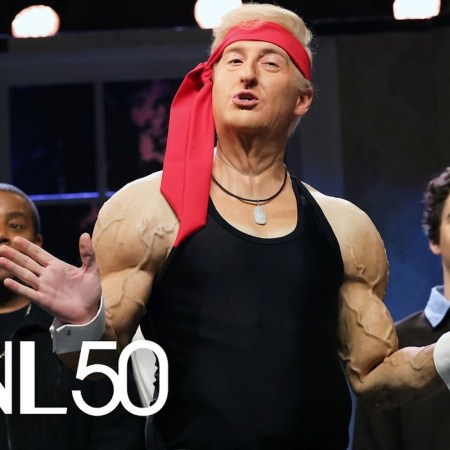According to a recent peer-reviewed study published in The Journal of Physiology, older men are unable to recognize dehydration during exercise as well as younger men. Researchers at the Human and Environmental Physiology Research Unit at the University of Ottawa have concluded that aging exercisers struggle to “balance the body’s fluid and temperature regulatory needs,” especially when performing in the heat.
What does that mean? Think of dehydration as an alarm. It doesn’t ring quite as loud for older fellas. When younger guys work out, their bodies start sweating in order to cool down the body. But only up until a point; once dehydration officially sets in (thirst is the signifier), they actually start to sweat less. This saves whatever fluids they have left, and prevents matters from spiraling out of control. But for the older gentlemen in this study, that process wasn’t so clear-cut. Sweat rate did not decrease, which only put more strain on the heart.
Researchers had two groups (young men and older men) exercise in the heat, after giving each saline infusions. In tracking heat loss and blood flow charts, it became obvious that older bodies had trouble registering saltiness in the blood. And because dehydration needs to set in … to prevent more dehydration, these older adults had serious trouble regulating body temperature. They sweated more, and then couldn’t self-regulate as a response to that heightened salinity.
The research is still new, and future studies will definitely work to test a larger, more diverse sample size, but it’s fair to say that older men should consider dedicated hydration as part of their fitness routines. The best defense against a dehydration system that doesn’t work is showing up hydrated in the first place, especially if you’re sweating under the sun or in a hot studio. Head here for a reminder on how much water we should be drinking each day.
Whether you’re looking to get into shape, or just get out of a funk, The Charge has got you covered. Sign up for our new wellness newsletter today.


















